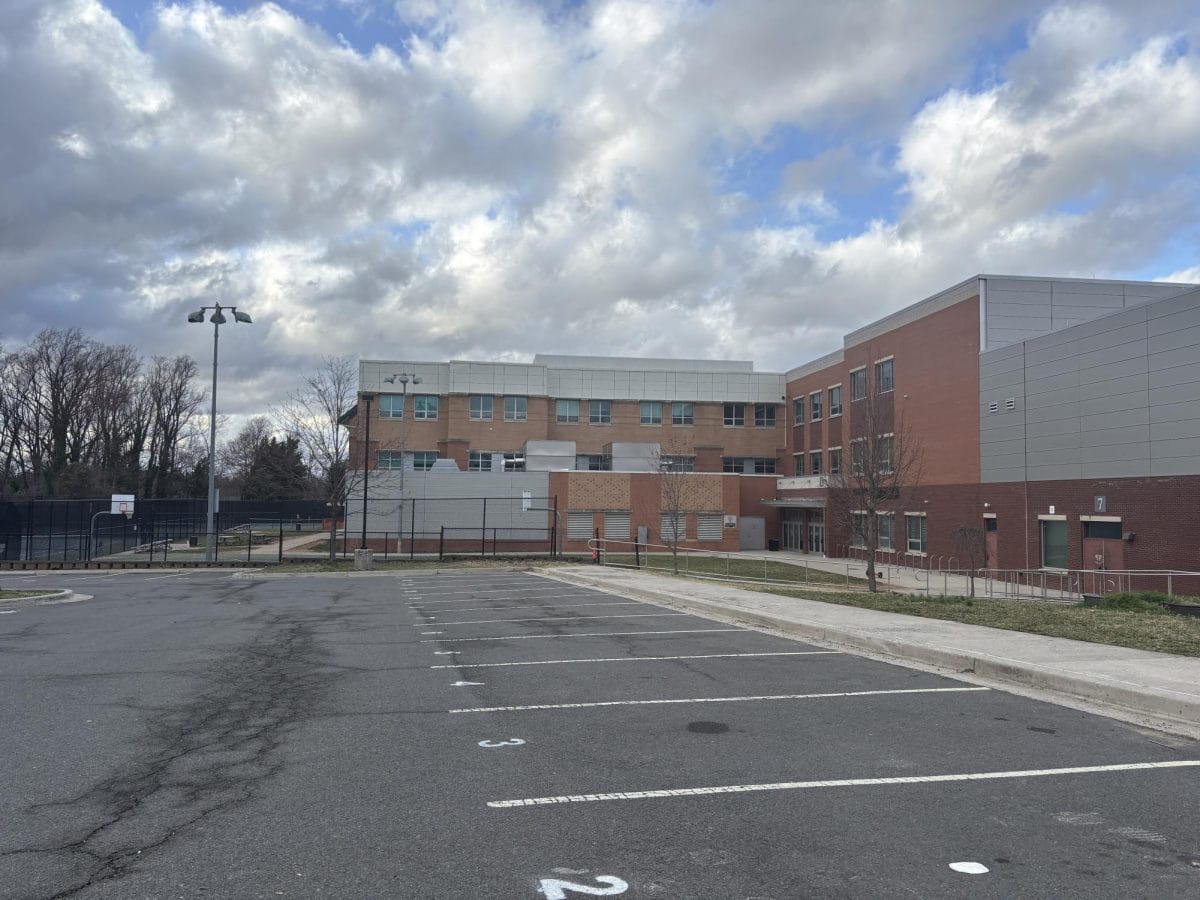Student loan debt in the United States has recently surpassed the nation’s total credit card debt, signaling immense failures on part of the educational system. As students who will be, or are, confronting the woes of loans today, it is difficult to maintain that there are no fundamental issues with the system, especially as college expenses act as a deterrent for many who wish to pursue a higher education. By proposing two years of free community college during the widely-watched State of the Union Address, President Barack Obama did exactly what has been needed for a long time: he brought to light issues with higher education and has since sparked debate.
While it is pacific to idealize a world based upon the utopian premise of widely agreed upon taxation in order to benefit the underprivileged, expectations must meet reality. And the reality of the situation is that the proposal of “free community college” for those in need would require the support of people who would not be directly benefitting from it. Due to our predominantly self-interested society, the legislation is not likely to pass through the Republican-dominated Congress intent on minimizing governmental taxation. Ironically, the idea was originally proposed by a Republican senator (but just like with healthcare, if a bill is touting a party seal, there is no such thing as bipartisanship).
The terrain to advance education has been and will remain rocky, yet Obama’s proposal remains significant whether it clears the legislative branch or not.
Today’s economy has transformed from what used to be largely an economy of manufacturing to an economy based on knowledge, and this knowledge is marked by a college degree. An analysis of Labor Department statistics by the Economic Policy Institute in Washington reports that Americans with college degrees made 98% more an hour on average in 2013 than people without a degree. Merely a glimpse at the statistics reveals college to be ever more important, and ever more the norm. Yet whilst pay is skyrocketing for college graduates, so is the amount to attend these institutions of higher learning. Since 1985, the price of attending a university has risen 500%, but wages have only increased 140% due to inflation, according to CNN’s LZ Granderson. Individuals who are unable to pay the unreachable sticker price for a college education are caught in a vicious cycle: without the money to attain a high level degree, they occupy low level jobs which pay 98% less than jobs requiring a college education. Later, when wishing to send a child to college, they will face the same issues that prevented their own attendance of a university.
The United States prides itself on taking care of not just the elite’s needs, but those in the middle and lower classes as well. Nothing is so central and so crucial to an individual’s success, that the government can supply, than an education. Through public school, the country’s education has risen dramatically across the board, and America continues to lead the way on a global scale as a result. And the availability of college is simply the next step. Years ago it was enough to have graduated eighth grade, then the last few decades granted a high school diploma sufficient. Now a college or trade school diploma has become the norm. The proposal of a free two years of community college would increase the availability of this higher education for those who cannot afford it, as many deserving individuals would profit from the access.
On a national scale, it is beneficial to allow as many people as possible to earn a college degree. Though an unemployment crisis has dominated headlines for the past decade, there were more than three million jobs that were not filled because workers were unqualified for the positions. Logic flows that more people making more money (98% more) would further stimulate and increase the nation’s economy.
It is time that students no longer feel economically-imposed regret because they choose to seek higher learning, or that individuals are barred from the experience altogether because they lack the means; Obama’s latest proposal ensures that no one, especially lawmakers, forget this.




































